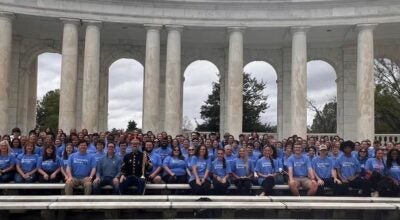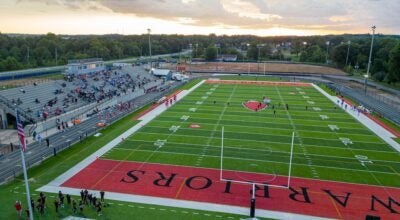ALDOT halts work on elevated lanes project
Published 9:40 pm Wednesday, March 17, 2010
The Alabama Department of Transportation will go no further with the proposed tolled elevated lanes project on U.S. 280 until local city governments give a public, official show of support.
ALDOT spokesperson Tony Harris said Transportation Director Joe McInnes recently made the decision to stop the work being done by the project development consulting group, Figg Engineering. The work stoppage will continue until local governments step up, Harris said.
“In the past, through the coalition of local governments working together, every indication was, to us, that the local governments supported this plan. There seem to be some questions now about the level of support from some of the local governments,” he said. “And we need a stronger consensus before we commit. Otherwise it may be left to the local governments to find and fund their own solutions to the congestion on U.S. 280.”
Harris said ALDOT decided to halt the project now rather than continue to spend money on plans that may not happen.
“You’ll recall that our project development efforts go back decades,” he said. “That’s why we decided to stop where we are. We don’t want to spend any more money on project development without some clear consensus on how we’re going to move forward.”
At this point, there’s three possible ways the situation can turn out, Harris said.
“Congestion is not going to get any better on 280, so it’s a question of whether we move forward with our plans, or the local governments decide on some other approach to take, or congestion simply grows worse,” he said.
Harris said ALDOT is currently reviewing other plans put forward by groups opposed to the elevated lanes, but the department doesn’t expect to see anything new.
“Frankly, we don’t expect there to be anything different in those plans that we haven’t looked at before and concluded wouldn’t be effective,” he said.
The elevated lanes plan is the only one with a funding source. Construction would be paid for with federal bonds and with the tolls drivers would pay.
“We’re prepared to move forward with a plan that could see construction within 12 months, and we know how we would fund it,” Harris said. “You can’t say that with any other options on the table.”
If the project continues, U.S. 280 would have a total capacity of 10 lanes, with four elevated tolled express lanes and the existing six lanes remaining for normal traffic.
The tolled lanes could possibly carry tolls of $0.20-$0.25 per mile. The estimated cost of the project would be $700-$800 million.









